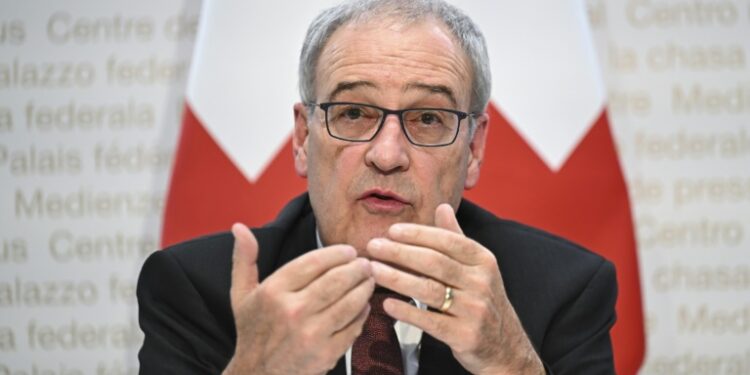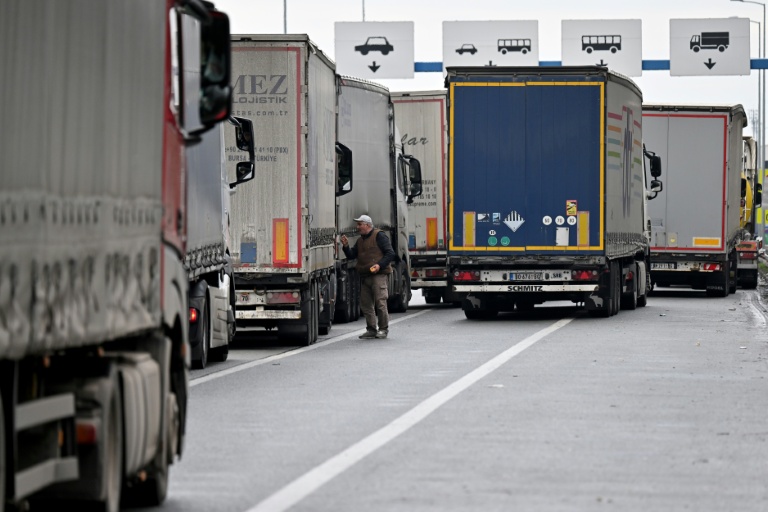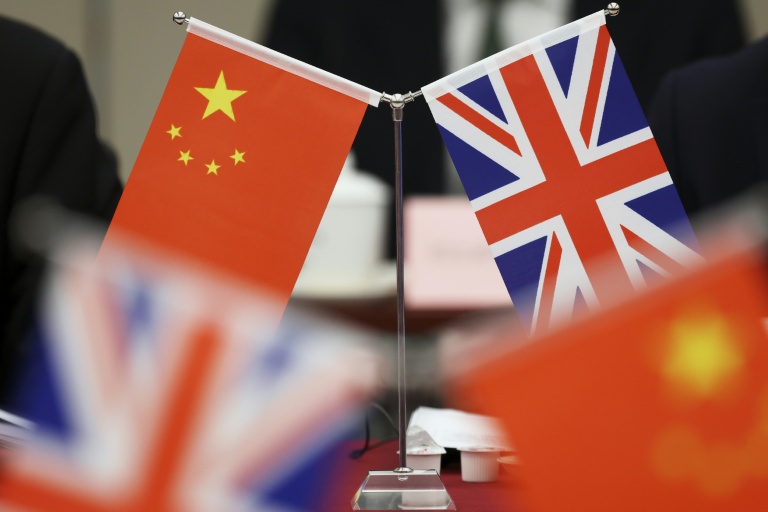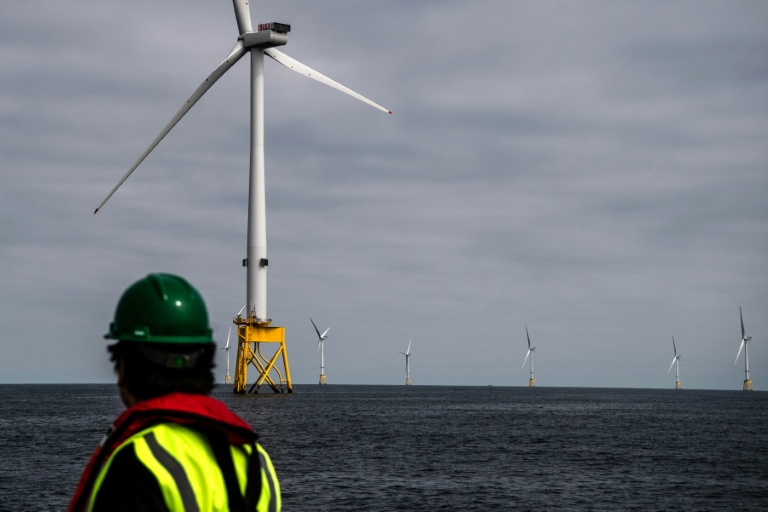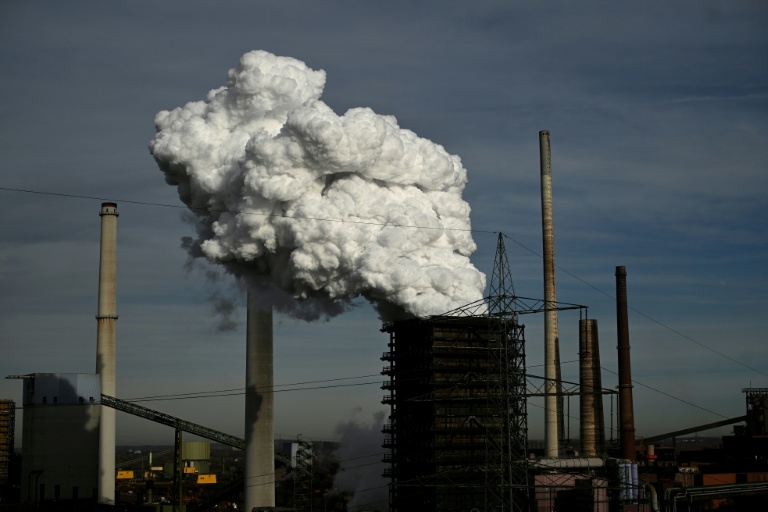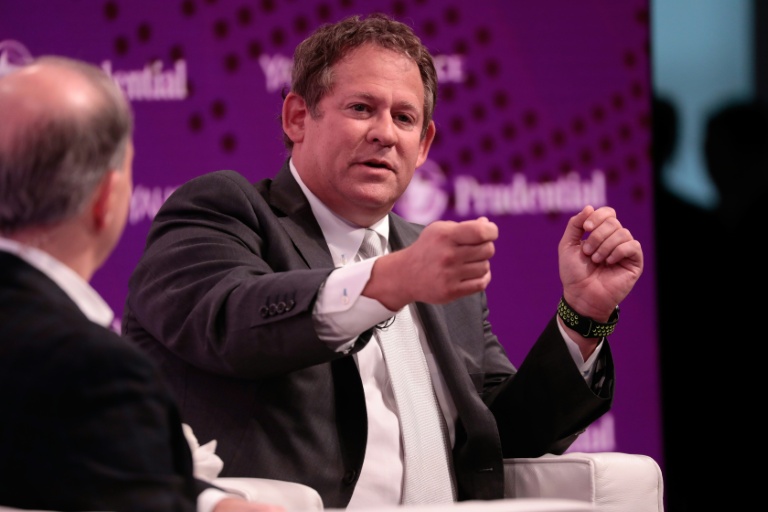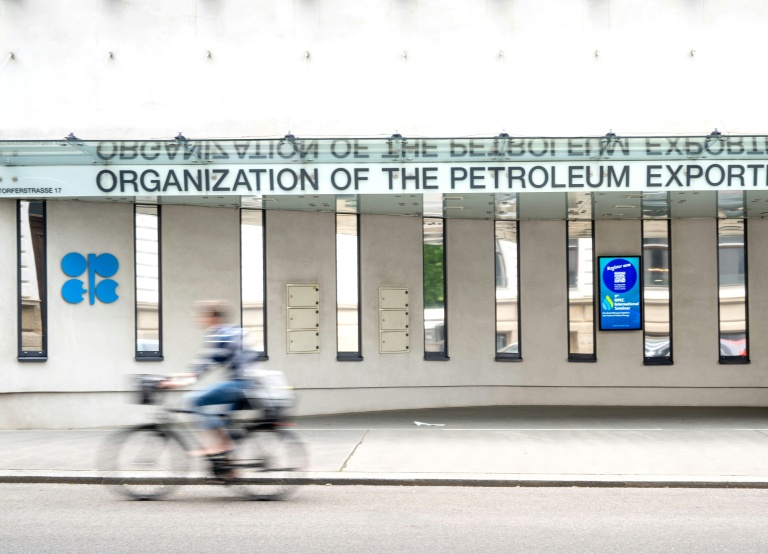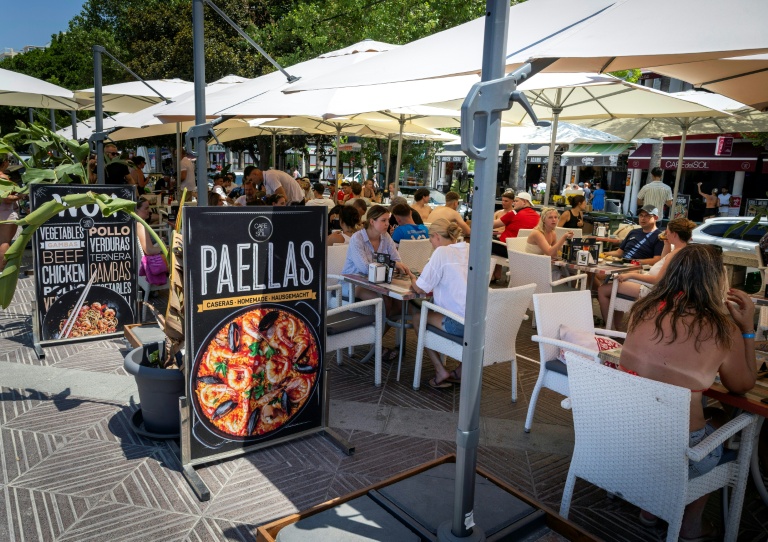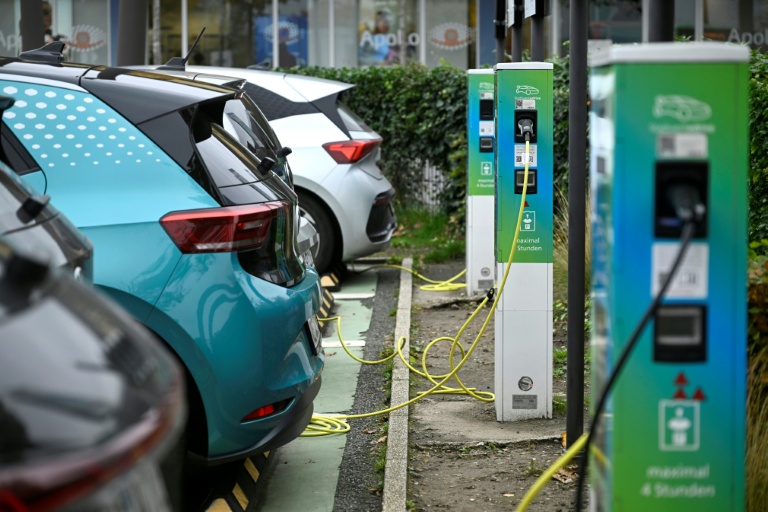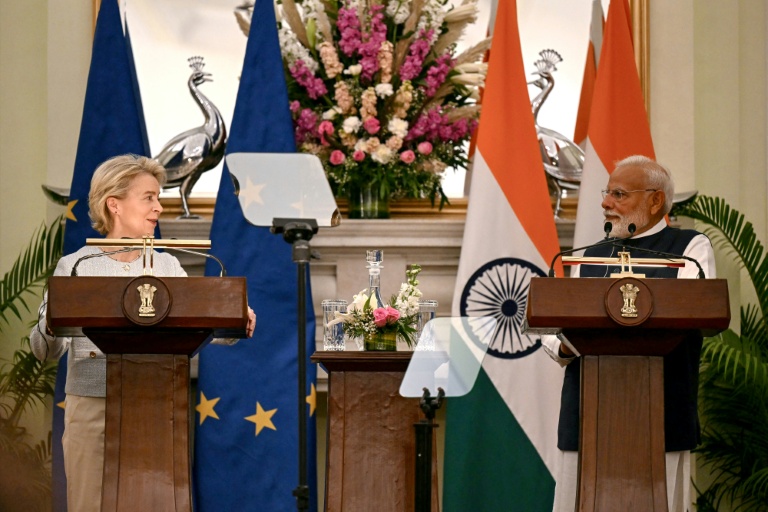Geneva (AFP) – Switzerland’s vice president said Saturday he had had “constructive meetings” with senior US officials as the country tries to navigate the massive import tariffs imposed by US President Donald Trump. After returning from the talks in Washington, Economy Minister Guy Parmelin said he saw “real opportunity ahead” for both countries — but gave no further details.
Trump blindsided Switzerland when he announced that incoming Swiss goods would be hit with a huge 39-percent tariff on August 1, one of the highest new levies he imposed on dozens of countries. Swiss President Karin Keller-Sutter and Parmelin scrambled to Washington in early August to hold talks on improving the tariff situation. But a brief meeting with US Secretary of State Marco Rubio — who does not oversee tariff policy — failed to move the dial.
“I held constructive meetings in Washington with Secretary of Commerce Howard Lutnick, Secretary of the Treasury Scott Bessent, and Trade Representative Jamieson Greer,” Parmelin said on X, following his fresh trip. “Switzerland sees real opportunity ahead for both countries and is committed to deepening our economic partnership.” Switzerland’s domestic Keystone-ATS news agency said the economy ministry was not giving details on the content of the talks “for tactical reasons related to the negotiations.” Foreign Minister Ignazio Cassis told the agency on Friday that Switzerland had come up with an “optimised offer,” which Parmelin put forward. Parmelin and Keller-Sutter had met Bessent and Greer in May, when they held talks in Geneva in a bid to thrash out a tariff deal.
The 39-percent tariff rate was up from a 10-percent “baseline” levy that Trump launched in April on US imports of goods from around the world. The new, higher tariff rate jeopardises entire sectors of the export-heavy Swiss economy, notably watchmaking and industrial machinery, but also chocolate and cheese. Swiss businesses worry that competitors in other wealthy economies will have an edge, with the European Union and Japan having negotiated a 15-percent tariff and Britain securing a rate of 10 percent.
Bern has argued that the United States enjoys a significant services trade surplus and that most US industrial goods enter Switzerland tariff-free. Last week, the State Secretariat for Economic Affairs said the Swiss economy was likely to grow at 0.8 percent next year instead of 1.2 percent, “as a result of higher US import tariffs.”
© 2024 AFP

